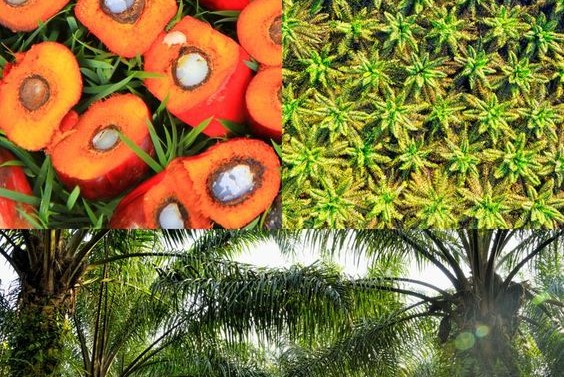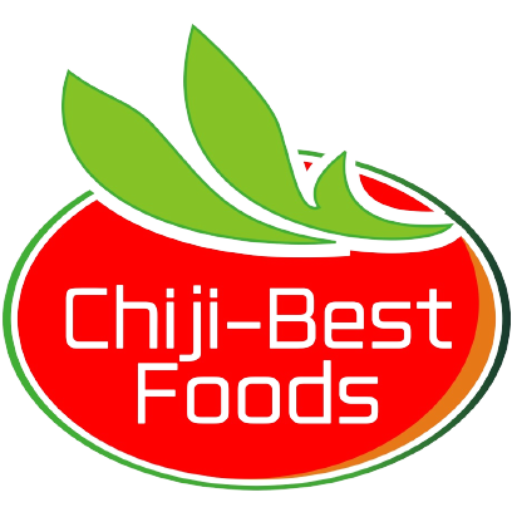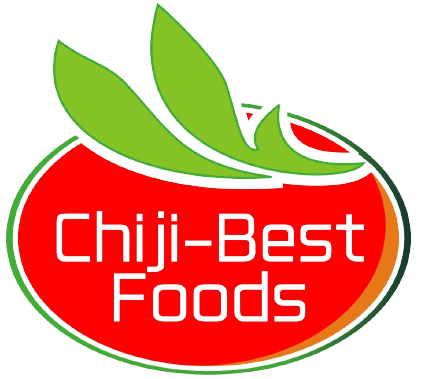The Journey of a Chiji Palm Fruit: From Tree to Table

The process of making Chiji’s premium palm oil starts in Imo State, Nigeria. This article explains how we turn palm fruits into high-quality oil, combining traditional methods with eco-friendly practices. The Oil Palm Farms We work with local small-scale farmers who grow oil palms alongside other crops like cassava and yam. This mixed farming helps […]
Sustainable Stewardship: Our Commitment to the Environment

At Chiji Best Foods, we recognize the environmental challenges associated with palm oil production. As a family-owned business rooted in Imo State, we’re committed to balancing traditional practices with modern sustainability efforts. Here’s how we’re working to minimize our environmental impact while supporting our local community: Small-Scale Farming: Unlike large industrial plantations, we work with […]

